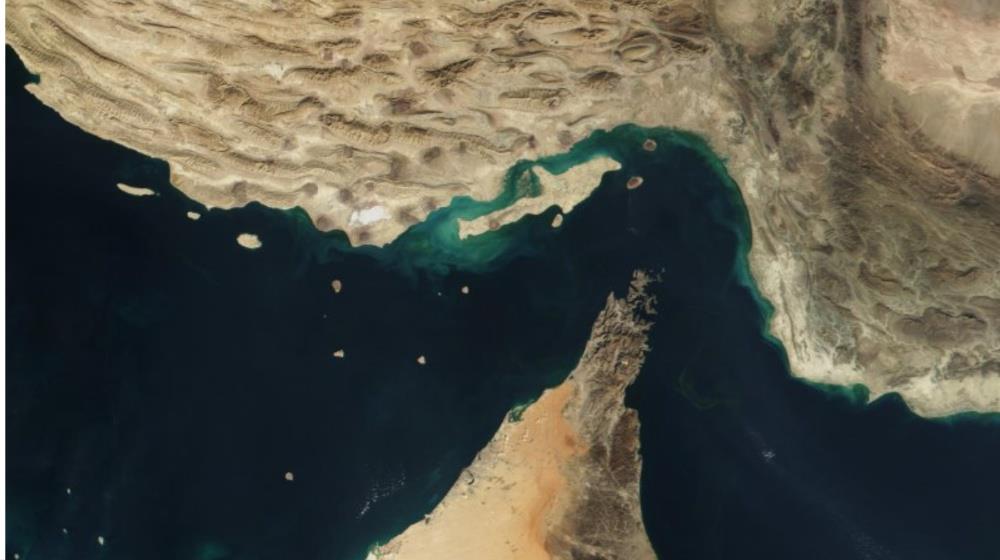Iranian Revolutionary Guard commander Sardar Esmail Kowsari recently told the country's media in an interview that closing the Strait of Hormuz "is under consideration, and Iran will make the best decision with determination."
"Our hands are wide open when it comes to punishing the enemy, and the military response was only part of our overall response," added Kowsari, who is a member of parliament in addition to his military position.
The Strait of Hormuz is one of the most strategically vital chokepoints in the world, and any blockade by Iran would pose serious risks for Europe.
Blocking the Strait was one of four Iranian responses to the conflict, including terrorist acts on mainland Europe, which security expert Claude Moniquet also cited in an interview with Euronews. It would be “a disaster for Europe”, the former French intelligence officer said.
Euronews also listed some of the reasons why blocking the Strait would be a disaster for Europe.
Threats to energy security
Roughly 20% of global oil and a significant portion of natural gas pass through the Strait. Europe imports oil and liquefied natural gas (LNG) from Gulf states Saudi Arabia, Qatar, UAE much of which travels through the Strait. If Iran blocks it, global oil prices would spike, and Europe could face energy shortages, especially in countries dependent on Middle Eastern fuel.
Economic shock
A sudden oil price surge would increase inflation, energy costs, and disrupt industries across Europe. Manufacturing, transport, and agriculture sectors would be especially vulnerable. Market reactions and volatility in European stock exchanges could be a knock-on effect.
Security & military escalation
A blockade could trigger military confrontations involving the US, EU navies, and Gulf states, risking a broader regional war. Europe might be drawn into the conflict through NATO obligations or alliances, especially with countries like France or the UK maintaining naval presence in the region.
Shipping and trade disruptions
Beyond oil, the Strait is a key route for global shipping. Disruption could delay European imports of raw materials, electronics, and consumer goods, affecting supply chains. Insurance premiums for shipping could spike, raising costs for European businesses and consumers.
Meanwhile, Cyprus' shipping community is closely monitoring developments following the Israeli attack on Iran and subsequent retaliation, the Director General of the Cyprus Shipping Chamber, Alexandros Josephides, recently said, noting that the possible closure of the Straits of Hormuz would create an oil crisis.
As Josephides said, the Strait of Hormuz, which is the only sea passage for the Persian Gulf, is considered of strategic importance, as about 20% of natural gas and oil is handled through it, while it is also used by a number of Cypriot-flagged ships.
“We are all alert and waiting to see how things will develop,” Josephides said, adding: “Geopolitical developments are always on our agenda, but this flare-up in the region makes things more critical for us.”
“If the region is shut down, the global supply of gas and oil will be affected and that would mean a small oil crisis leading to a price increase, while shipowners will be forced to seek alternative routes if such a scenario lasts long enough”, he said.
Either way, said Josephides, where and when possible, it is expected that some ships will avoid the area in the face of the risk of being trapped by an Iranian reaction against shipping.









